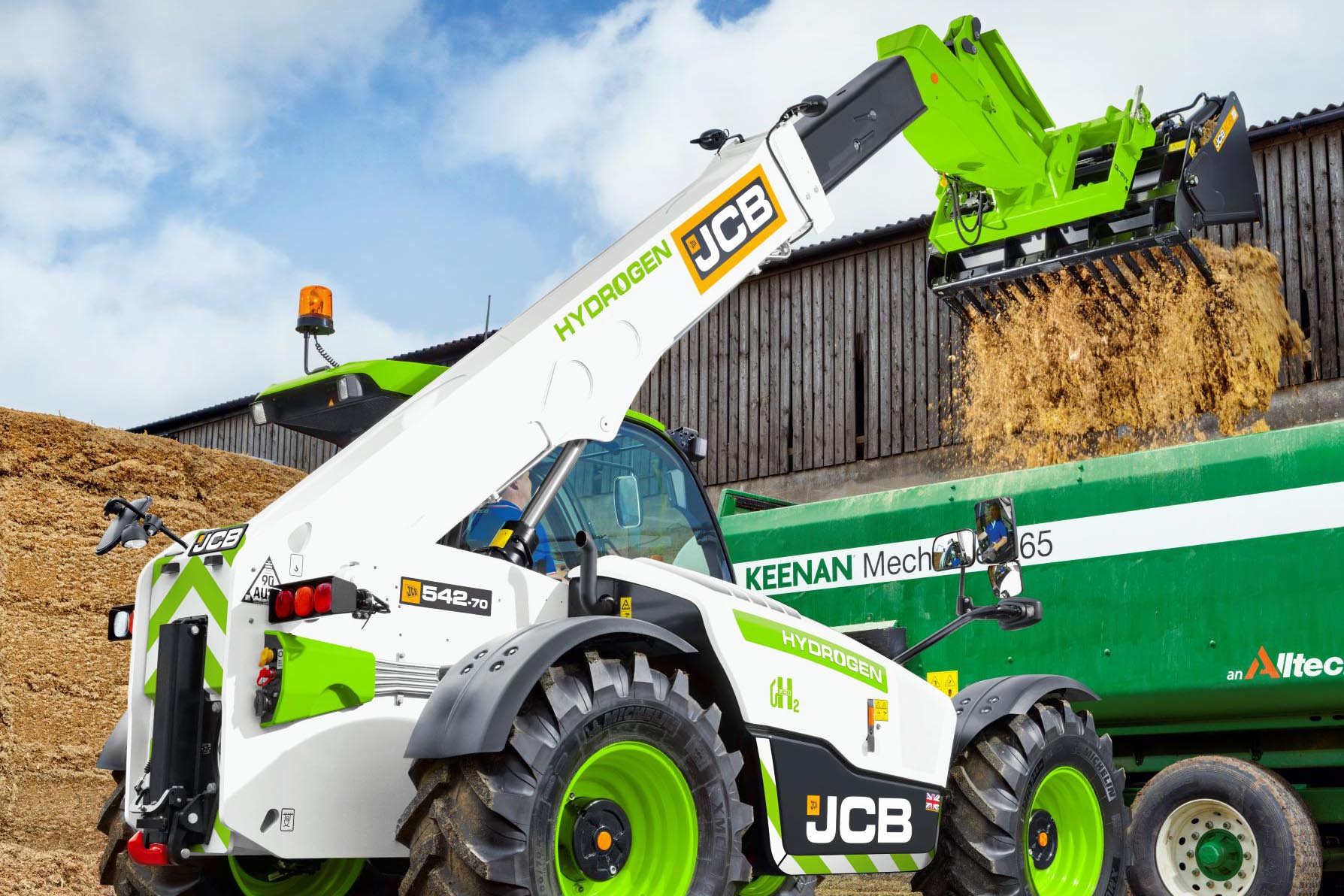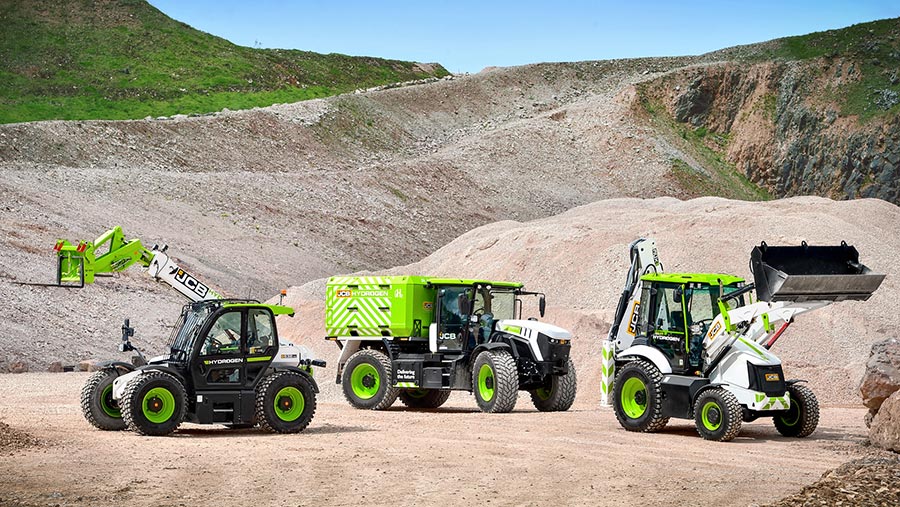In a move that could shake up the green agenda pushed by the Biden administration, JCB, the British construction equipment giant, has unveiled its groundbreaking hydrogen combustion engine. This development not only promises to revolutionize how we think about heavy machinery but also throws a wrench into the narrative that only electric is the future.
Hydrogen: The Conservative's Green Alternative
JCB's hydrogen engine isn't just an innovation in engineering; it's a beacon of hope for those skeptical of the one-size-fits-all approach to environmental policy. Unlike electric vehicles, which require massive infrastructure changes and are plagued by range and charging issues, hydrogen engines offer a familiar, combustion-based solution with zero carbon emissions at the point of use. This could be the answer for industries that can't afford to wait for charging stations or manage the weight and cost of batteries.
A Blow to the Electric Mandate
The left has been pushing hard for an all-electric future, often ignoring the practicalities and costs for businesses, especially in sectors like construction and agriculture. JCB's hydrogen engine, which has now received approval for commercial use across Europe, challenges this narrative. It's a testament to free-market innovation, showing that industry can lead in reducing emissions without government mandates or subsidies.

The Performance Edge
JCB’s hydrogen engine isn't sacrificing performance for sustainability. It's designed to match the power and torque of its diesel counterparts, ensuring that work doesn't stop for the sake of going green. This means construction sites, farms, and other heavy-duty operations can continue to run efficiently, without the downtime associated with electric alternatives.
A Conservative Victory Over Nanny State Regulations
This technology could be a significant win for conservatives advocating for less regulation and more market-driven solutions to environmental challenges. It's a direct counter to the heavy-handed policies aiming to force industries into electric-only solutions, which often overlook the real-world implications for small businesses and economic productivity.
The Real-World Implications
JCB has already demonstrated the engine's capabilities in backhoe loaders, telescopic handlers, and even a Mercedes truck. This isn't just about one company's innovation; it's about setting a precedent. If this technology takes off, it could mean less reliance on foreign battery materials, fewer concerns about grid capacity, and a more robust, less intrusive approach to reducing our carbon footprint.

The Political Backlash
Of course, not everyone is celebrating. There's already chatter from the left about how this might slow down the push for electric vehicles, with some claiming it's a step backward. But let's be clear: this is about choice, innovation, and practicality. It's about not forcing a square peg into a round hole in the name of political agendas.
The Future of Hydrogen
The approval by European licensing authorities is just the beginning. As JCB scales production and more companies follow suit, we could see a shift in how we approach energy, particularly in industries where electric solutions have been unfeasible. More importantly, it's a message to governments: innovation, not regulation, should drive our environmental strategy.
Conclusion
JCB's hydrogen engine isn't just a technological breakthrough; it's a political statement. It's proof that conservative principles of market freedom and innovation can lead to sustainable solutions without the heavy hand of government. As we watch this unfold, it's clear that the fight for a practical, free-market approach to environmental challenges is far from over. Watch this space, as JCB could very well lead the charge towards a more balanced, less dictated green future.
